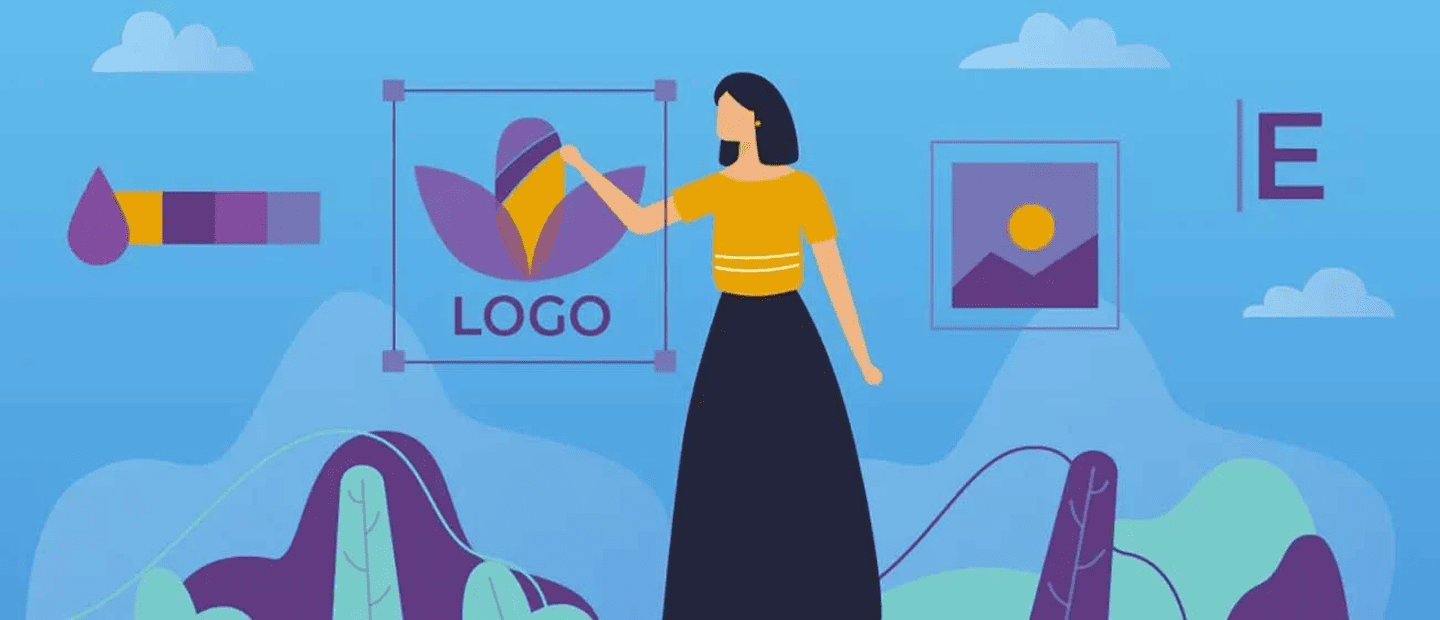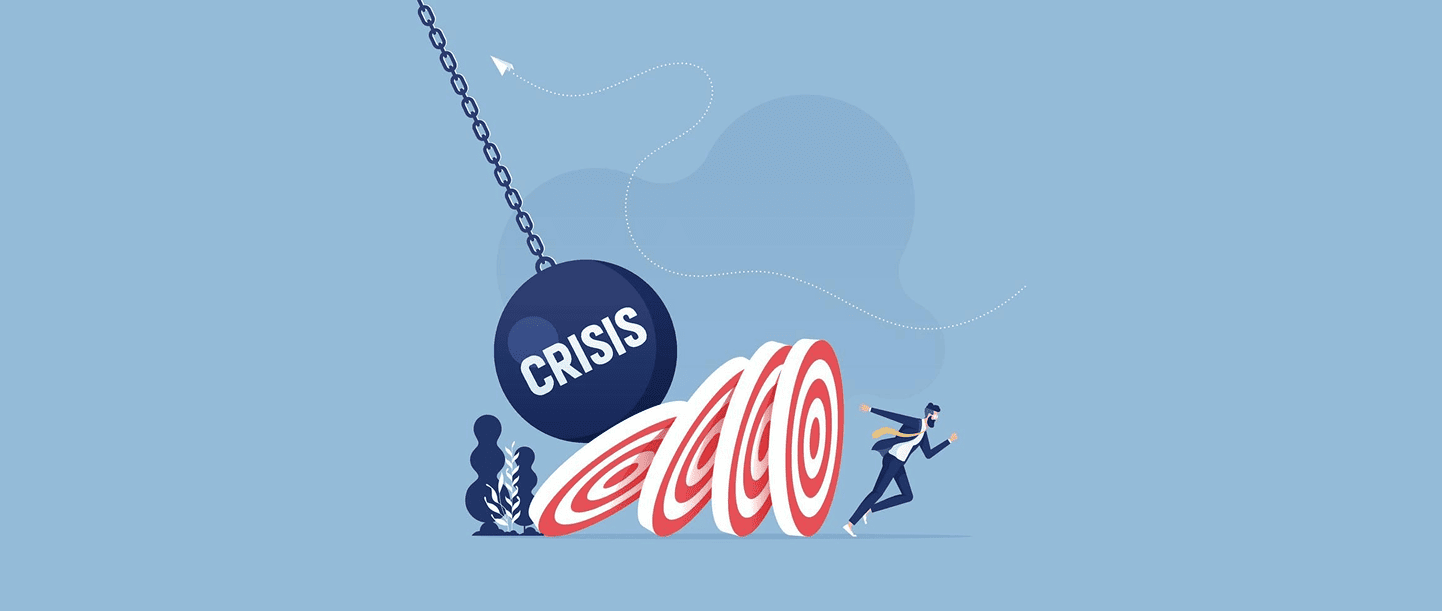You might have heard the term “branding,” but the term further fragments into many branches like personal branding, which focuses on individuals building their own identity, and corporate branding, which shapes a company’s public image.
Other types include product branding, digital branding, and employer branding, each serving a unique purpose in how a brand is perceived in different contexts and platforms.
In this blog, we are going to discuss personal branding and business branding specifically and what can help you to drive conversions or sales to your business, is it personal branding or business branding? or both. Let’s discuss!
What is Personal Branding?
Personal branding is the way you present yourself to the world may it be your values, personality, voice, and expertise. It’s how people perceive you as an individual, especially in professional and business contexts.
If you’re a coach, consultant, content creator, founder, or freelancer, your personal brand is often more powerful than your business name. People connect with people. They want to know from whom they are purchasing, collaborating, or gaining knowledge.
This kind of branding contributes to the development of product or service trust. For example, Elon Musk, who is the richest person on earth, can launch a product or service in the future, and people who follow him will buy or avail it without a second thought.
What is Business Branding?
On the other hand, business branding includes your company’s whole identity, including its visual identity, tone of voice, messaging, values, logo, and the impression it leaves on the market.
Business branding becomes crucial when you want to scale your business, plan to sell your company someday, or focus on selling the values through your product or services. For example, people are familiar with brands like Adidas, Nike, Prada, etc., but you do not know the founder or any other stakeholder.
What Makes Personal Branding Different From Business Branding?
Since the difference between the two is clear, we can see that personal branding and business branding may sound similar, but they serve very different purposes.
One builds trust around an individual, the other shapes the identity of a company. Knowing how they vary enables you to balance both or select the best strategy for successfully building your brand. Let’s break down the key differences to get a clear picture.
| Personal vs Business Branding | Personal Branding | Business Branding |
| Identification | Centered around an individual | Represents a company |
| Tone | Relatable, human, authentic | Strategic, consistent, professional |
| Flexibility | Easier to pivot and evolve | Harder to change once established |
| Audience Connection | More emotional and direct | More formal and structured |
| Scalability | Limited to one person | Can grow, scale, and be sold |
Why Personal Branding is Important – Even for Businesses
Your personal brand helps you become more relatable and trustworthy, even if you own a business. Especially in B2B industries or service-based businesses, people buy from people, not faceless brands.
Here’s how personal branding helps:
1. Builds Trust Faster
A human face adds authenticity. Whether it’s through LinkedIn, podcasts, interviews, or thought leadership content, your name adds credibility.
2. Opens More Opportunities
Speaking gigs, guest articles, collaborations, and networking all of this happens through personal branding. People follow people, not logos.
3. Drives Traffic to Your Business
A well-positioned personal brand funnels attention to your business brand. For example, a digital marketing founder sharing tips on LinkedIn can directly attract leads to their agency.
4. Acts as a Crisis Shield
When a business faces criticism, a strong personal brand can help you maintain audience loyalty. People often stick with the individual, even when the brand reputation is shaky.
How Business Branding Supports Long-Term Growth
Business branding helps you expand, while personal branding helps you get started more quickly. Unlike a corporation that is exclusively associated with one person, a well-developed business brand becomes a valuable asset that is sellable, scalable, and sustainable.
Because it provides a unified visual and vocal brand for hiring, marketing, and customer interactions, it also improves team morale. You can launch goods, scale operations, and enter new markets without depending on your personal presence when your business has a strong brand.
Additionally, a strong brand presence increases investor trust by giving the impression that your company is a long-term, organized enterprise rather than a one-person operation.
When Personal Branding Should Take Priority Over Business Branding
Choosing between personal branding and business branding depends on your business model, growth goals, and how closely your identity is tied to your offering. Here’s a quick guide to help you decide where to focus your energy:
Personal Branding is ideal when:
- You’re a solopreneur, freelancer, or coach
- You want to be a thought leader in your space
- You’re building an audience or community
- Your voice and face are central to the business offering
Business Branding is better when:
- You’re building a scalable, team-based venture
- You want to eventually sell the business
- Your product or service is not tied to your personality
- You want the brand to stand independently in competition with other brands

Can Personal Branding & Business Branding both work for You
Combining personal and business branding can be one of the most effective strategies for long-term success, especially for founders, consultants, and growing teams. Your personal brand helps humanize your business, creating trust, relatability, and direct audience engagement. Meanwhile, your business brand builds the systems, consistency, and scalability needed to grow beyond you.
For example, as a founder or service provider, your audience may first discover your expertise through LinkedIn, speaking engagements, or thought leadership content, that’s personal branding at work. But once they decide to work with you, a well-positioned business brand reassures them with professionalism, processes, and a team that supports delivery.
Think of your personal brand as the magnet and your business brand as the engine. One pulls people in, the other keeps things running smoothly.
So, if you’re the face of your business today but plan to grow or eventually step back, it’s smart to nurture both identities in parallel. Together, they build visibility, credibility, and long-term value.
Doodlo Design Studio for Your Branding Solutions
At Doodlo Design Studio, we bring strategy and creativity together to create branding that resonates and performs amongst your target users. If you’re building a personal brand to establish thought leadership or developing a business brand that stands the test of time, we help you do it with purpose and precision.
We help brands with their brand identity and logo design solutions, which reflect brand values and connect with your audience. We don’t just design, we dig deep into what makes your brand different and help position it for long-term growth. If you’re ready to create a brand that speaks, sells, and scales, Doodlo Design Studio is your creative partner.